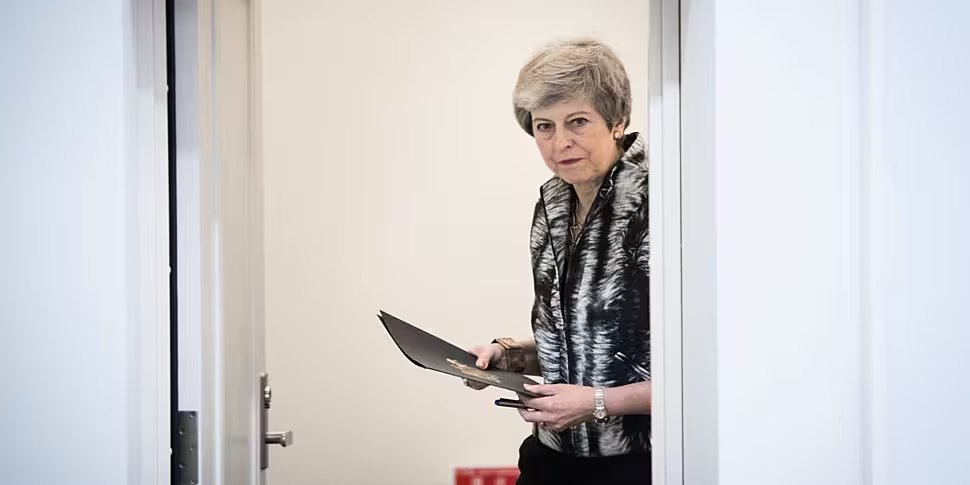The outgoing British Prime Minister Theresa May has called on other countries to take more action to tackle climate change - but US President Donald Trump has refused to budge on his country's approach.
Both leaders were speaking at the end of the G20 summit in Japan.
Leaders in attendance ultimately agreed a joint declaration on climate issues, but only after the US was granted a clause exempting it from the commitments made by others.
The summit's final communique states: "We strive to foster inclusive finance for sustainable development, including public and private financing mobilization and alignment between them, as well as innovation in a wide range of areas for low emissions and resilient development.
"Climate actions at all levels with broad participation, including by nonstate actors, will be the key to realising such a paradigm shift."
However, a separate clause states that the US stands by its decision to withdraw from the historic Paris Agreement on limiting climate change to 1.5 degrees.
It adds: "The US’s balanced approach to energy and environment allows for the delivery of affordable, reliable, and secure energy to all its citizens while utilising all energy sources and technologies, including clean and advanced fossil fuels and technologies, renewables, and civil nuclear power, while also reducing emissions and promoting economic growth."
Speaking after her final G20 summit as prime minister, Theresa May called on other countries to match her government's pledge to work towards net zero carbon emissions.
She said: "In recent months we have heard hundreds of thousands of young people urge us, their leaders, to act on climate change before it's too late.
"I am proud that the UK has now enshrined in law our world-leading net zero commitment to reduce emissions. And I have called on other countries to raise their ambition and embrace this target."
Donald Trump, however, voiced his objections to committing to the same levels of greenhouse gas emission reductions agreed by the other states.
In a press conference, he said his country had the cleanest water and air 'ever', but also insisted fossil fuels were necessary for his country's economy.
He argued: "I'm not looking to put our companies out of business - I'm not looking to create a standard that is so high that we're going to lose 20-25% of our production.
"I'm not willing to sacrifice the tremendous power of what we've built up over a long period of time."
The US President added: "I think [certain countries] are losing a lot of the powers of what they can do with factories - I'm not talking about political power, although that comes with it.
"I'm talking about the powering of a plant. It doesn't always work with a windmill - when the windmill's off, the plant isn't working. It doesn't always work with solar, because solar's just not strong enough."
He further claimed the US is paying "tremendous amounts of money" on subsidising wind energy, but said he doesn't like it.
The US is the world's second largest emitter of greenhouse gases, behind only China.









